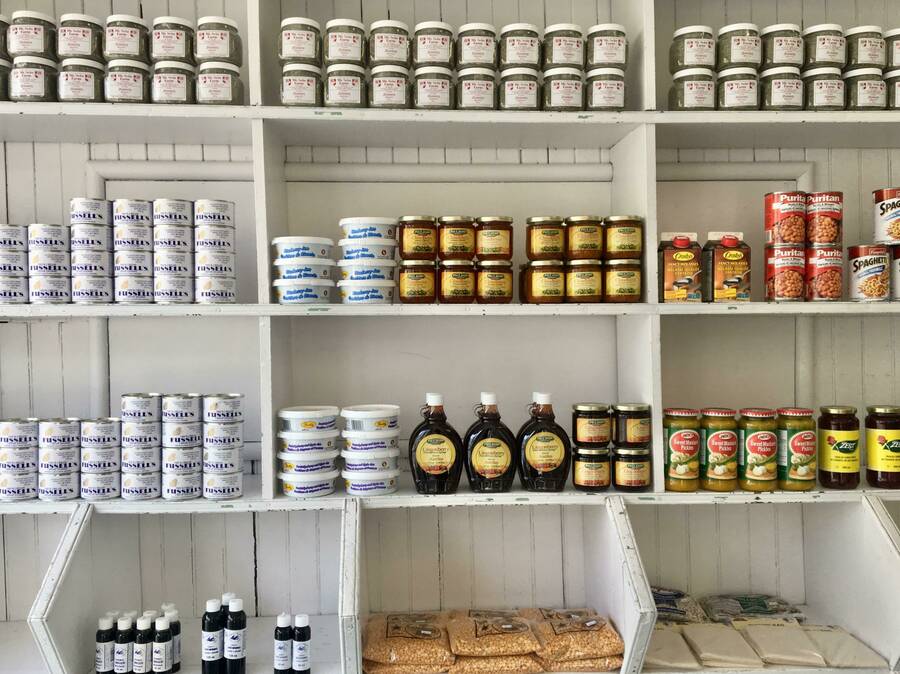The Store

The opening lines of Mario Chard’s “The Store” assemble a picture of the past. Here labor is defined by all the “ownable things” that “we didn’t own”: “the floors we cleaned,” “the stock we didn’t toss,” “the food we stole,” “local bargain / spirit wear.” Midway through the poem, though, description gives way to direct address: “Patron, we touched nothing there.” Where the line turns outward, it calls to an ambiguous figure—perhaps a customer, perhaps a funder of art, enlarging the poem’s subject to include the economy of language. Accordingly, the second half repeats much of the diction of the first but gently scrambles the syntax, riffing on but not wholly reiterating the logic of the past. Where debt constricts the future, binding a life to labor in service of capital—a static syntax—the poem stages something that can’t be so neatly contained. The title now seems to name not only the site of its past but also an accumulation of resources for its future. Though “The Store” ends where it began, it is not a palindrome; there is no simple route back—there is only the shifting forms of the ongoing past, the we that hangs in the balance.
– Claire Schwartz
Listen to Mario Chard read "The Store."
The Store
we didn’t own, the floors we cleaned, the money we made to pay off ownable things, the shelves we didn’t stock, the stock we didn’t toss marked down, Priced to Sell, the nights we never asked for off, the cost we bore, the food we stole that fell past due (we grew— our parents wrapped small like loaves), the gaudy toll of sweepstake signs crossed deadlines, the valentines, the spinner racks of local bargain spirit wear, the mirrored makeup aisle doubled as the bar to judge our clothes or pace or hair all passed untouched, the past: Patron, we touched nothing there we didn’t own: the floors we cleaned (passed untouched the past), the money we made to pay off our clothes or pace or hair, all ownable things, the shelves we didn’t aisle (doubled), the bar to judge stock, the stock we didn’t toss, spirit wear, the mirrored makeup marked down, Priced to Sell, the spinner racks of local bargains, the nights we never asked for off crossed deadlines, the valentines, the cost we bore, the food we stole, the gaudy toll of sweepstake signs that fell past due (we grew—our parents wrapped small like loaves), the store.
Mario Chard is the author of Land of Fire (Tupelo Press, 2018), winner of the Dorset Prize. His work has appeared in The Nation, The New Yorker, Poetry, among others. A former Wallace Stegner Fellow at Stanford University, he lives in Atlanta.

